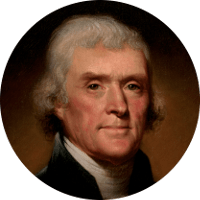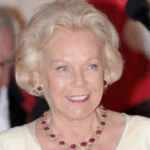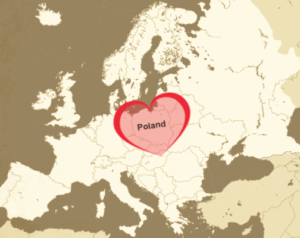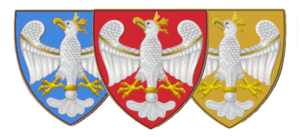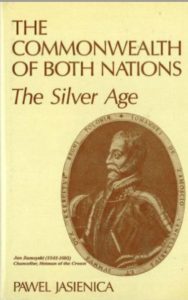The Kościuszko Chair in Polish Studies
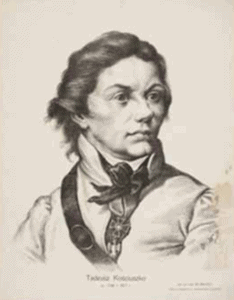 The Kosciuszko Chair in Polish Studies is an integral part of a comprehensive effort to share Poland’s culture and history with the American people. The Chair is the brainchild of Lady Blanka Rosenstiel. Her individual efforts to spread the good word about Poland became first institutionalized as the American Institute of Polish Culture in Miami, FL. The Institute has sponsored a variety of Polish cultural events which, logically, led to the idea of endowing a chair that would serve similar purposes. This would assure the continuity of the mission of transmitting both the true history and good news about Poland indefinitely into the future.
The Kosciuszko Chair in Polish Studies is an integral part of a comprehensive effort to share Poland’s culture and history with the American people. The Chair is the brainchild of Lady Blanka Rosenstiel. Her individual efforts to spread the good word about Poland became first institutionalized as the American Institute of Polish Culture in Miami, FL. The Institute has sponsored a variety of Polish cultural events which, logically, led to the idea of endowing a chair that would serve similar purposes. This would assure the continuity of the mission of transmitting both the true history and good news about Poland indefinitely into the future.
At first glance, the Chair’s future appeared secure. Yet, symptomatic problems developed. First, the gentlemanly Professor Thompson retired and the new leadership at the Miller Center grew suddenly uncomfortable about the congruity of the Kosciuszko Chair’s program with one of the Center’s main mission — to study the US Presidency.
Somehow the Chinese Chair functioning at the Miller Center failed to raise similar concerns. Second, some questions arose regarding the role that UVA’s Department of History should play as far as the jurisdiction of the Chair was concerned. Third, the State of Virginia was experiencing a budget crunch which resulted in an unfulfilled pledge of matching funds for the Chair. Fourth, problems developed while searching for a suitable candidate. The eminent British historian Norman Davies, who was to be the original holder of the Chair, declined to be involved with the American academia after his abysmal treatment by
Did you Know?Kosciuszko and Jefferson:A Friendship Built on Love of Liberty
